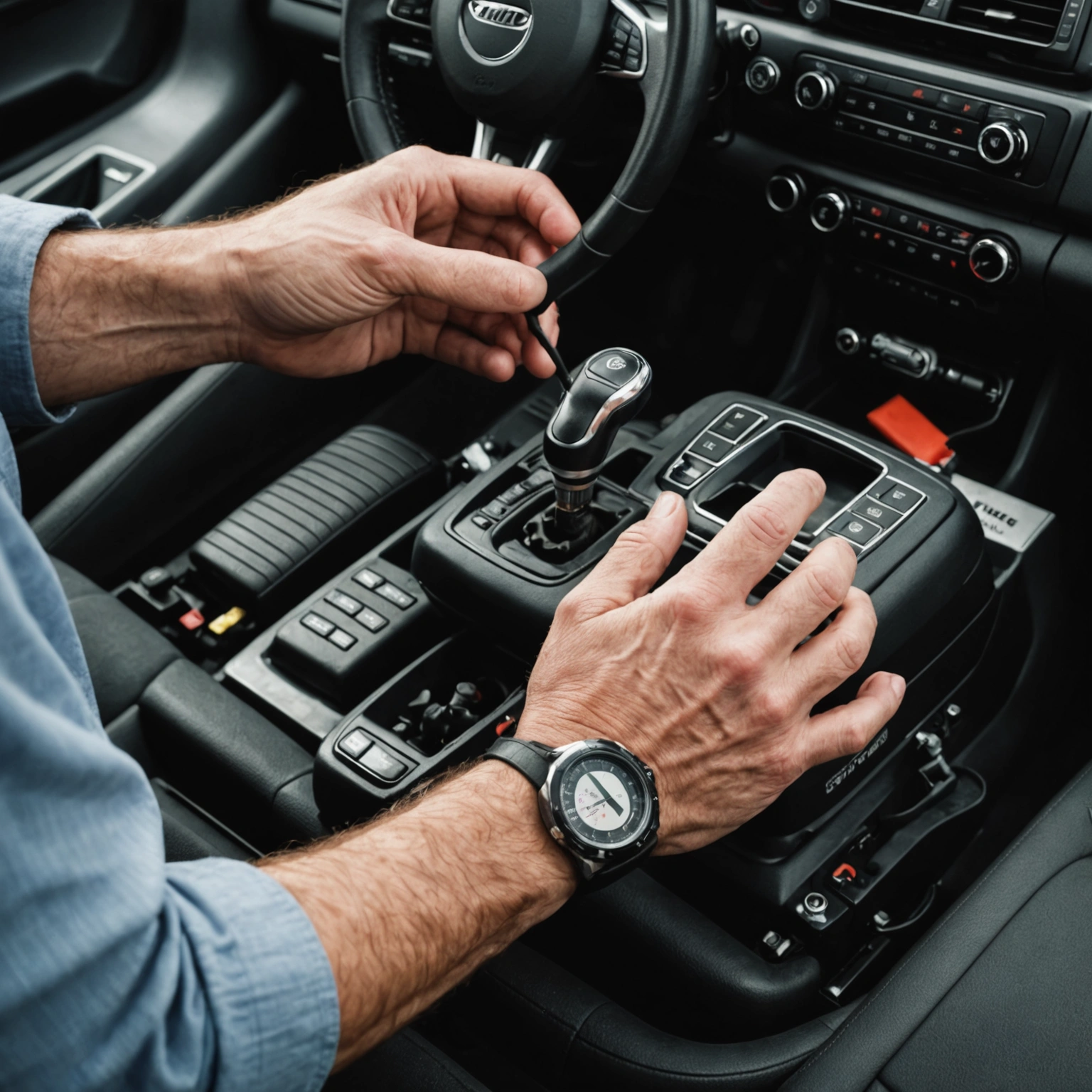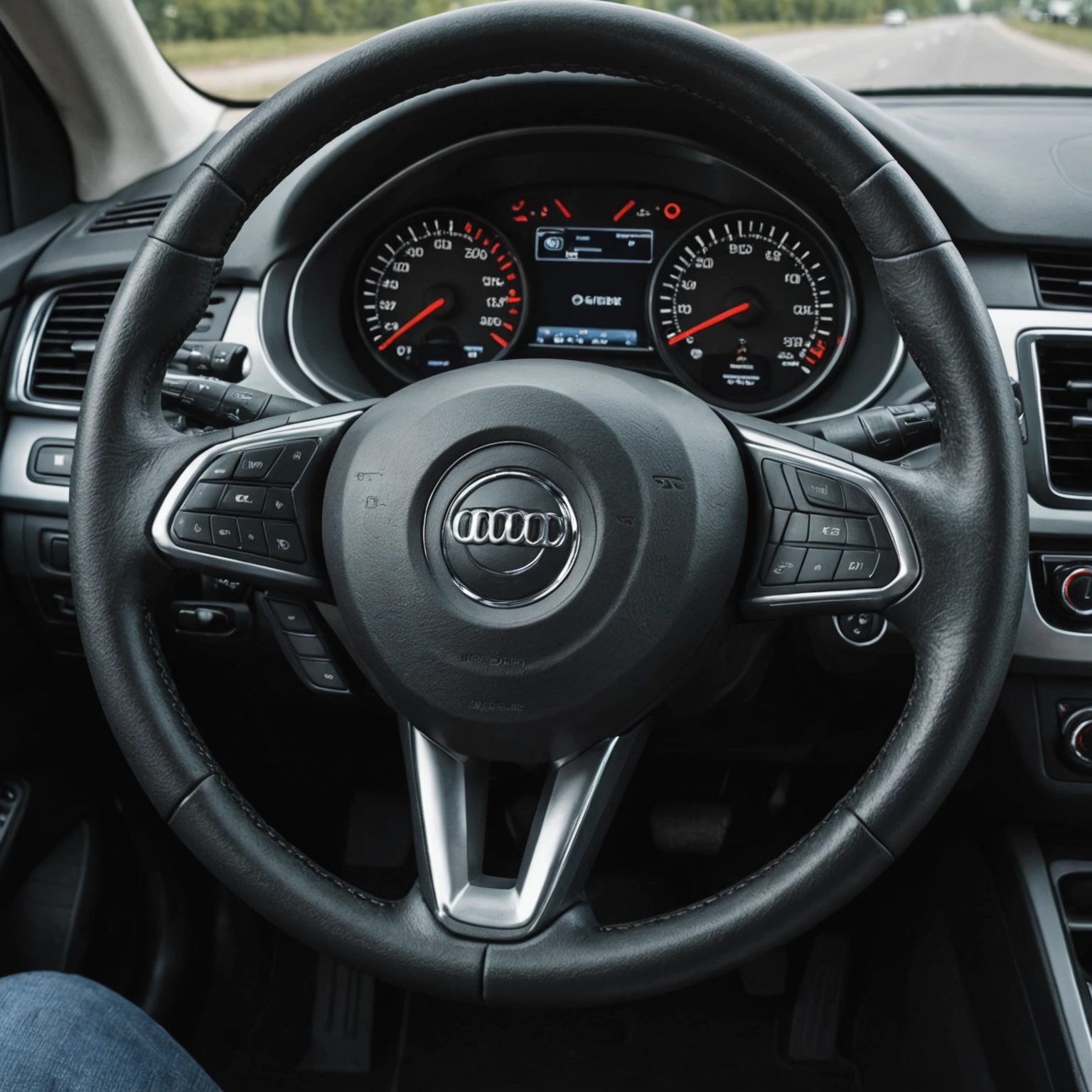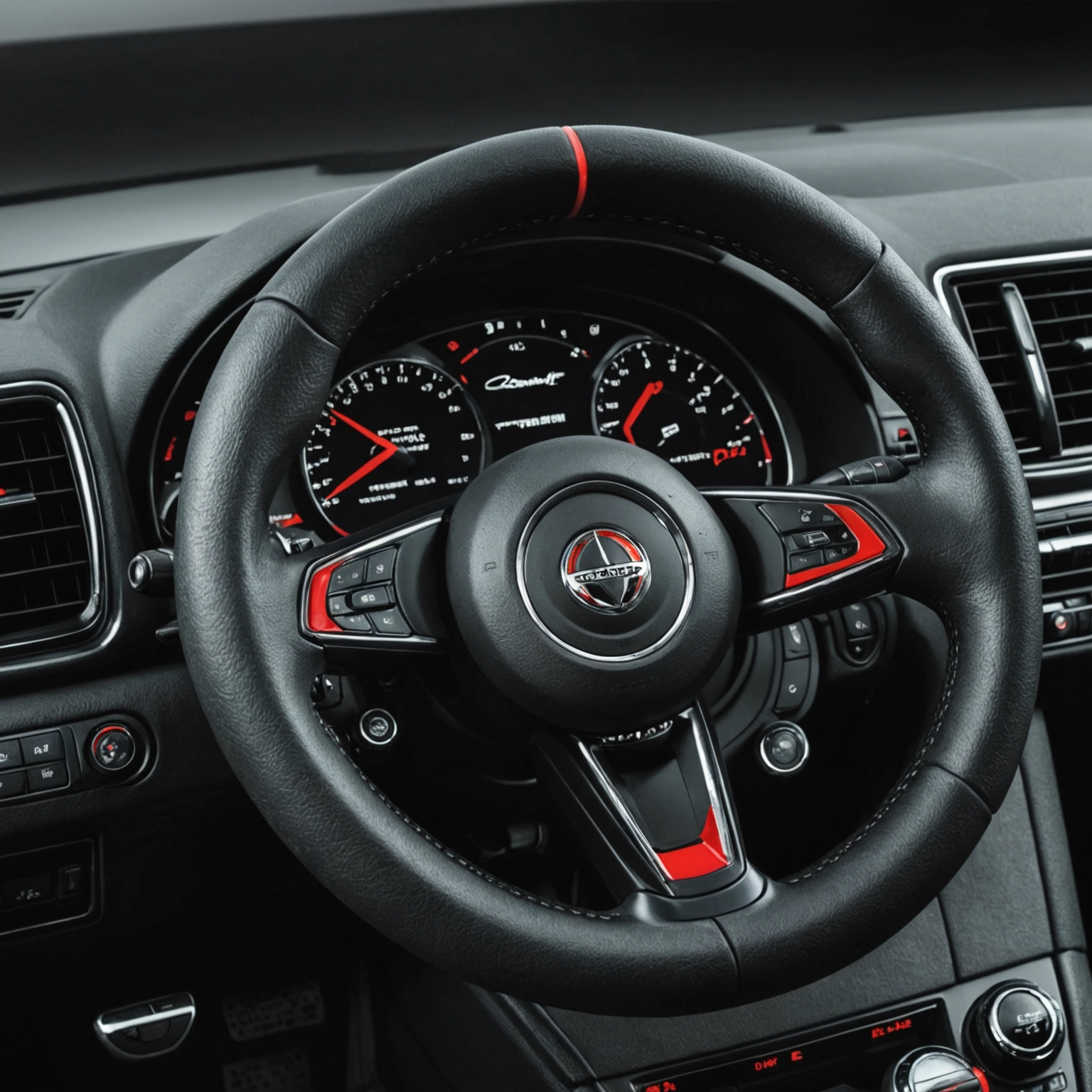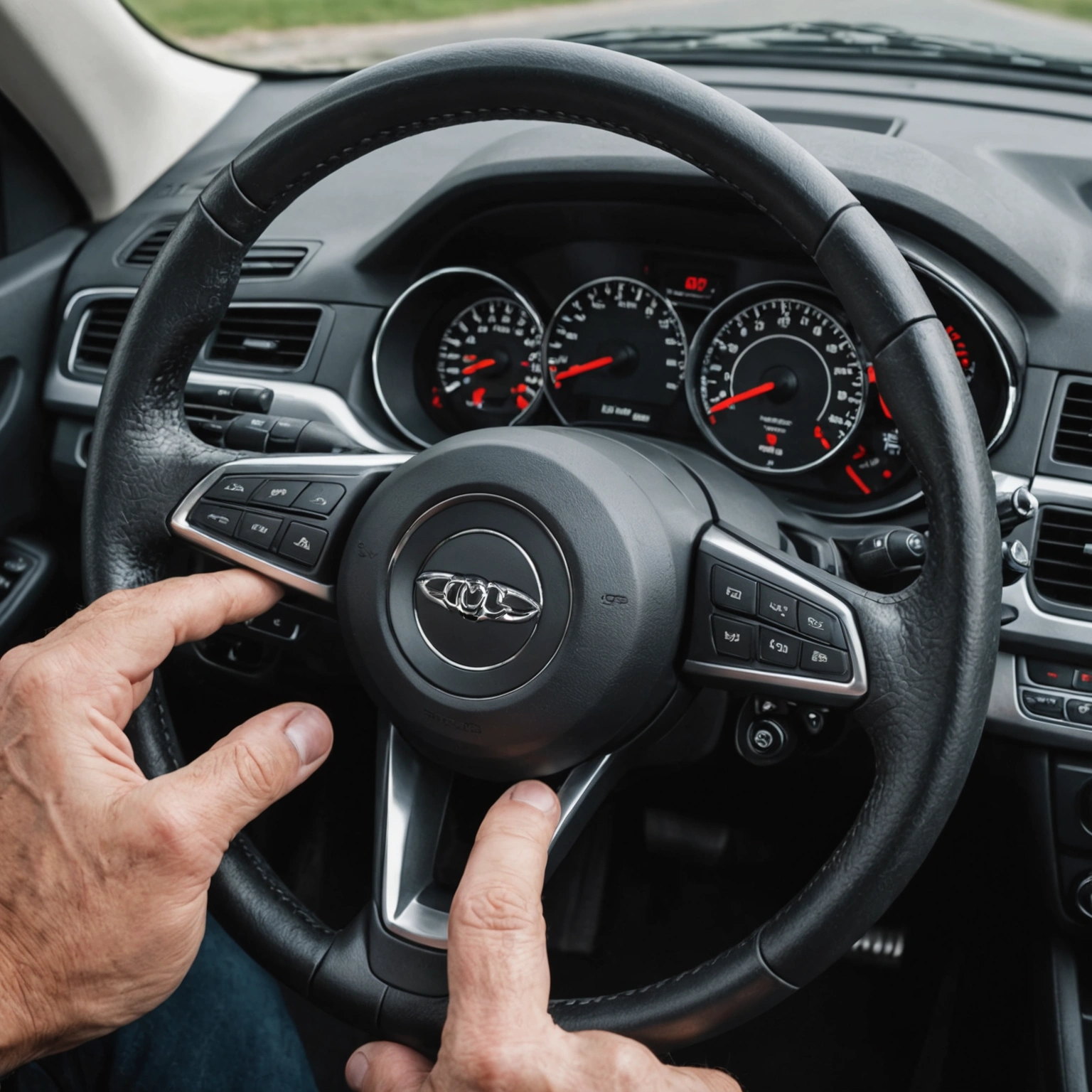**Why Does My Car Stutter When I Turn It On? Understanding the Common Causes**
Starting your car should be a smooth process, but if you notice it stuttering or sputtering when you turn the key or press the start button, it can be concerning. This rough idling or hesitation may indicate underlying issues that need attention. Let’s explore the common reasons behind a car that stutters upon startup and what you can do about it.

### 1. **Ignition System Problems**
The ignition system is responsible for igniting the fuel-air mixture in your engine. Faulty components such as spark plugs, ignition coils, or distributor caps (in older vehicles) can cause misfires, leading to stuttering during startup.

**Signs to watch for:** Rough idling, misfires, or engine hesitation.
**Solution:** Regularly replace worn spark plugs and inspect ignition coils for damage. Ensuring these components are in good condition can restore smooth engine starts.

—
### 2. **Fuel Delivery Issues**

A consistent fuel supply is crucial for smooth engine operation. Problems like clogged fuel injectors, a failing fuel pump, or a dirty fuel filter can cause inadequate fuel delivery, resulting in stuttering at startup.
**Signs to watch for:** Engine sputtering, hesitation, or difficulty starting.
**Solution:** Have your fuel system inspected. Replacing a clogged fuel filter or cleaning fuel injectors can improve fuel flow and engine stability.
—
### 3. **Dirty or Faulty Idle Air Control Valve (IAC)**
The IAC valve regulates the amount of air entering the engine at idle. A dirty or malfunctioning IAC can cause rough idling or stuttering when starting the vehicle.
**Signs to watch for:** Unstable idle speed, stuttering, or stalling at startup.
**Solution:** Cleaning or replacing the IAC valve can help stabilize your engine’s idle.
—
### 4. **Battery or Alternator Issues**
Weak or failing batteries and alternators can lead to insufficient electrical power during startup, causing the engine to stutter or hesitate.
**Signs to watch for:** Dim headlights, slow cranking, or electrical accessories acting erratically.
**Solution:** Test your battery and alternator. Replacing a weak battery or faulty alternator can ensure reliable starts.
—
### 5. **Sensor Malfunctions**
Modern vehicles rely on sensors like the Mass Air Flow (MAF) sensor, Oxygen sensors, and the Throttle Position Sensor (TPS) to optimize engine performance. Faulty sensors can send incorrect data, causing poor engine response during startup.
**Signs to watch for:** Check engine light, rough idling, or stuttering.
**Solution:** Diagnostic scans can identify faulty sensors. Replacing or cleaning sensors often resolves these issues.
—
### 6. **Vacuum Leaks**
Leaks in the vacuum system can cause unmetered air to enter the engine, disrupting the air-fuel mixture and leading to stuttering or rough starts.
**Signs to watch for:** High or fluctuating idle, hissing sounds, or increased fuel consumption.
**Solution:** Inspect vacuum hoses for cracks or disconnections and repair as needed.
—
### **When to Seek Professional Help**
While some minor issues can be addressed with routine maintenance, persistent stuttering during startup warrants a visit to a trusted mechanic. Accurate diagnosis through professional testing ensures that the root cause is identified and properly repaired, preventing further damage and costly repairs down the line.
### **Conclusion**
A car that stutters when you turn it on can be caused by various factors—from ignition and fuel system problems to sensor failures and electrical issues. Regular maintenance, timely inspections, and addressing warning signs can keep your vehicle running smoothly and reliably. If your car continues to hesitate during startup, don’t hesitate to consult a professional technician to keep your driving experience safe and stress-free.

